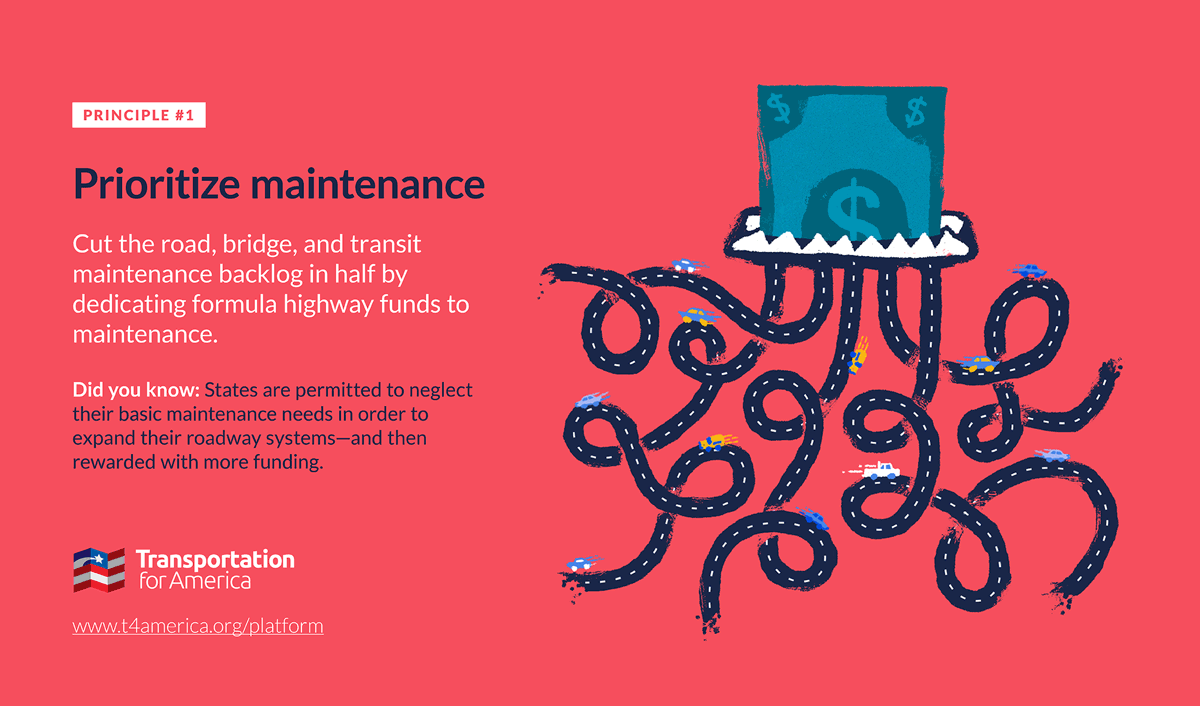Historic INVEST Act passes the House, Onwards to the Senate towards Transportation Reauthorization
Last week, the US House of Representatives took a bold step in passing sweeping legislation that rethinks the US transportation framework towards fixing it first, safety over speed, connecting people to jobs and services, and going a step further towards addressing climate change plus equity and inclusion. All eyes are now on the Senate on how they package their existing subpar work on highways, decent work on passenger rail and safety, the bipartisan infrastructure framework, and the House’s INVEST Act.
The US House of Representatives took up the INVEST Act for floor consideration on June 30th, with major movement on the 149 amendments. Wrapping up amendment considerations by July 1st, the House took a vote on the INVEST Act, with a roll call vote of 221 yeas to 201 nays (with 8 not voting). With the bill’s passage, the House made a clear declaration towards fundamentally recalibrating America’s transportation program to work for the people and for the future.
Read our full statement on the INVEST Act from director Beth Osborne here.
Now as the House has taken their bold step towards transportation reauthorization, all eyes are on the Senate. To date, the Senate has released a highways title and a rail and safety title, but has yet to release a transit title. Adding into the reauthorization mix is the bipartisan infrastructure framework negotiated by 21 senators and the White House. What comes next for the Senate regarding transportation reauthorization is anyone’s guess at this point in time, but the clock is ticking towards the expiration of the FAST Act on September 30th, a mere 85 calendar days away.
As the focus turns to the Senate, we remain hopeful that their legislation will include concrete policies that address climate change, safety, maintenance and equity. Merely providing lip service to repair, climate, and equity while still building projects that produce the opposite would be an unjust use of taxpayer dollars, especially in our small towns plus rural and marginalized communities.



















